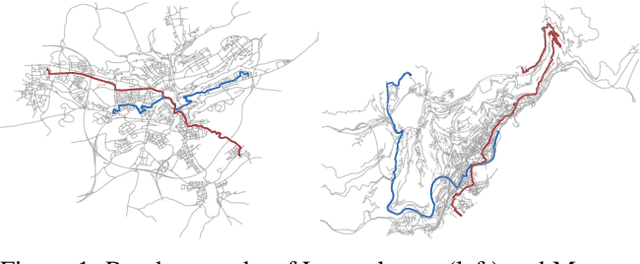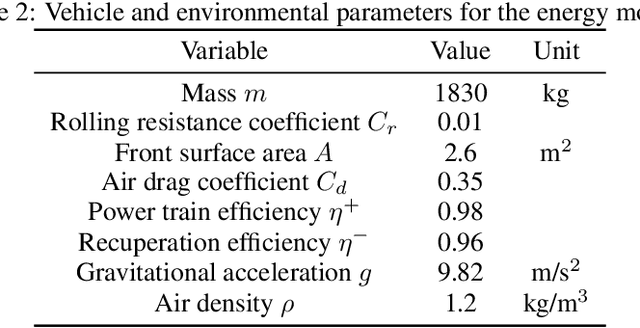Combinatorial Gaussian Process Bandits in Bayesian Settings: Theory and Application for Energy-Efficient Navigation
Paper and Code
Dec 20, 2023



We consider a combinatorial Gaussian process semi-bandit problem with time-varying arm availability. Each round, an agent is provided a set of available base arms and must select a subset of them to maximize the long-term cumulative reward. Assuming the expected rewards are sampled from a Gaussian process (GP) over the arm space, the agent can efficiently learn. We study the Bayesian setting and provide novel Bayesian regret bounds for three GP-based algorithms: GP-UCB, Bayes-GP-UCB and GP-TS. Our bounds extend previous results for GP-UCB and GP-TS to a combinatorial setting with varying arm availability and to the best of our knowledge, we provide the first Bayesian regret bound for Bayes-GP-UCB. Time-varying arm availability encompasses other widely considered bandit problems such as contextual bandits. We formulate the online energy-efficient navigation problem as a combinatorial and contextual bandit and provide a comprehensive experimental study on synthetic and real-world road networks with detailed simulations. The contextual GP model obtains lower regret and is less dependent on the informativeness of the prior compared to the non-contextual Bayesian inference model. In addition, Thompson sampling obtains lower regret than Bayes-UCB for both the contextual and non-contextual model.
 Add to Chrome
Add to Chrome Add to Firefox
Add to Firefox Add to Edge
Add to Edge